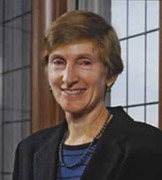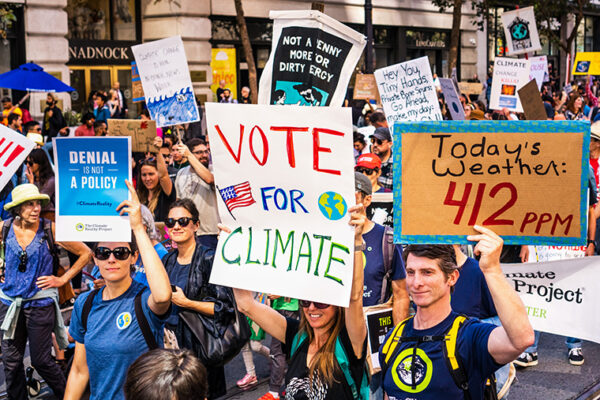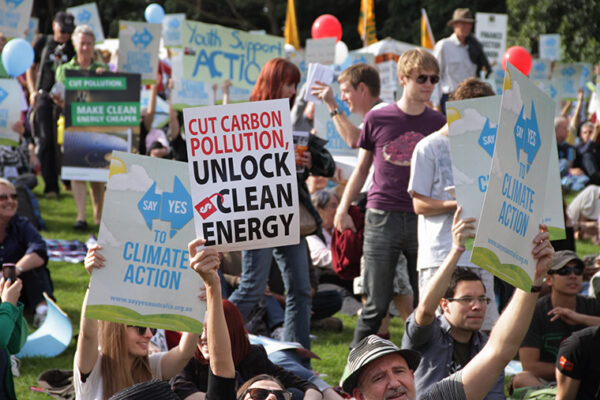The Green New Deal, unveiled this week by Democratic members of the U.S. Congress, may not amount to quick change but at least begins a conversation toward critical climate change goals, said an environmental law expert at Washington University in St. Louis.
“The announcement of the Green New Deal comes as federal scientists have announced that 2018 was the fourth-hottest year on record, with the last five years being the five hottest years — and 18 of the 19 hottest years occurring since 2001,” said Maxine Lipeles, senior lecturer in law at the School of Law and director of the Interdisciplinary Environmental Clinic.

The Green New Deal, introduced by Rep. Alexandria Ocasio-Cortez, D-N.Y., and Sen. Ed Markey, D-Mass., lays out drastic measures for cutting carbon emissions and creating jobs in the process.
There are three notable features of the resolution, Lipeles said.
“First, it seeks to accomplish its ambitious goals during the next decade — the last available to avoid the worst impacts of climate change,” she said. “Second, it takes a holistic approach to the substantial energy and infrastructure changes that will be required, calling for social and economic equality to ensure that those changes will benefit and not harm communities at risk.
“Third, it is a resolution rather than a proposed bill. As bold as the sponsors’ goals are, they are apparently aware that Congress will not move overnight from ignoring climate change to addressing it with transformative programs. They seek to re-start the conversation and set critical, ambitious goals.”


